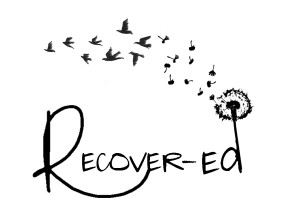Empty Bellies Do Not Beget Genius
Submitted by nedic blogger on Wed, 03/30/2016 - 10:59.png)
Originally posted on GalaDarling
This is a subject I am very, very passionate about. If you were expecting to be coddled on the subject, you’re out of luck. This is tough love, because we need it.
In today’s society, we often feel so much pressure to look a particular way. This isn’t news. But what IS news is that the wave has broken. People are starting to push back. From Coco Rocha and Doutzen Kroes speaking out publicly about the size of models, to Jessica Simpson’s series The Price of Beauty, women in positions of power or influence — and women who are often looked up to as body or beauty ideals — are finding a voice. A voice which says, “ENOUGH!”

.png)
.png)


.png)
.png)
.jpg)

.png)

